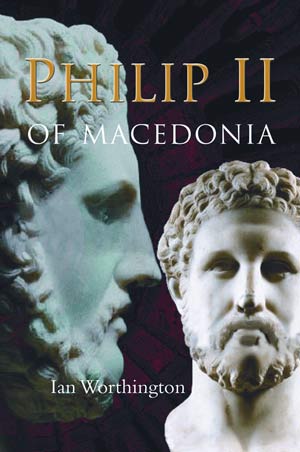Alexander the Great of Macedonia is one of the most exciting and controversial figures of antiquity. Probably only Jesus Christ is more famous from the ancient world. Alexander was only 20 years old when he became king of Macedonia in 336 BC, and only 33 when he died in Babylon in 323. Yet in that time he fought hard battles against vastly superior numbers to expand the Macedonian empire from mainland Greece to what the Greeks called India (present day Pakistan), including Syria, and Egypt. Alexander was all set to invade Arabia when he died.
Alexander facilitated the spread of Greek civilization to the east, broadened contacts between east and west, brought to the Greeks a sense of belonging to a greater world than just the Mediterranean, and was worshipped as a god by some of his subjects while he was still alive. Perhaps it’s not a surprise that he came to believe in his own divinity, given his unparalleled conquests. He was a legend in his own lifetime, and he remains one today, as the outpouring of books about him and even movies prove.
But Alexander could not have done anything he did without the achievements of his father Philip II, who became king in 359 and ruled until his bloody assassination in 336. Because without Philip, there would have been no Alexander. Without Philip, and what he did for Macedonia politically, militarily, economically, socially and culturally, no Macedonian king would have been able to undertake the bold venture of invading Asia.



